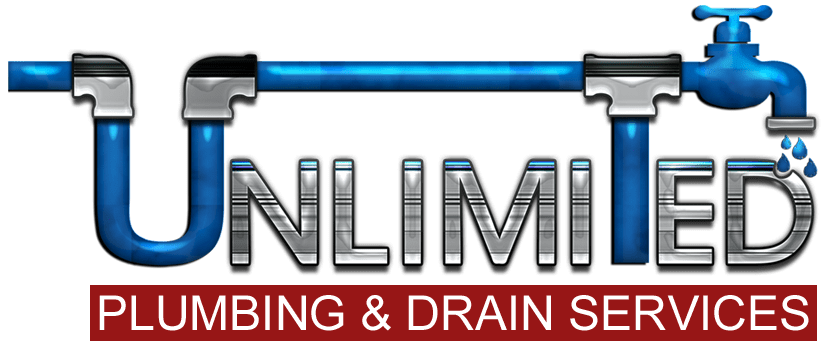Maintaining a functional plumbing system is crucial for every homeowner, but navigating the regulations specific to North Carolina can be daunting. Understanding these regulations is essential for ensuring that your plumbing meets legal requirements and operates safely and efficiently. Here’s a comprehensive guide to help North Carolina homeowners navigate plumbing regulations with ease.
- Familiarize Yourself with Building Codes: North Carolina has specific building codes that dictate plumbing requirements for both new constructions and renovations. These codes cover various aspects, including pipe materials, fixture installations, and drainage systems. Familiarize yourself with these codes to ensure compliance and avoid costly penalties.
- Hire Licensed Professionals: When undertaking plumbing work in North Carolina, it’s vital to hire licensed professionals. Licensed plumbers are trained to understand and adhere to state regulations, ensuring that installations and repairs meet the required standards. Additionally, hiring licensed plumbers provides homeowners with peace of mind knowing that the work is completed safely and correctly.
- Obtain Necessary Permits: Many plumbing projects in North Carolina require permits before work can commence. Whether you’re installing a new water heater, replacing sewer lines, or remodeling your bathroom, check with your local building department to determine if permits are necessary. Failing to obtain the required permits can result in fines and delays in your project.
- Ensure Backflow Prevention: Backflow prevention devices are required by law in North Carolina to protect the public water supply from contamination. These devices prevent the reverse flow of water, ensuring that potable water remains safe for consumption. It’s essential to have backflow prevention devices installed by licensed plumbers and to have them tested regularly to ensure proper functioning.
- Maintain Proper Ventilation: Proper ventilation is essential for plumbing systems to function effectively and prevent the buildup of harmful gases like carbon monoxide. North Carolina’s plumbing regulations include requirements for ventilation systems to ensure the safety of occupants. Ensure that your plumbing fixtures are properly vented to comply with these regulations and prevent potential hazards.
- Stay Informed About Environmental Regulations: North Carolina has environmental regulations in place to protect its natural resources, including water conservation measures and restrictions on certain plumbing materials. Stay informed about these regulations to ensure that your plumbing practices are environmentally responsible and compliant with state laws.
By understanding and adhering to North Carolina’s plumbing regulations, homeowners can ensure the safety, efficiency, and legality of their plumbing systems. Whether you’re planning a DIY project or hiring professional plumbers, compliance with these regulations is essential for maintaining a functional and compliant plumbing system in your home.
